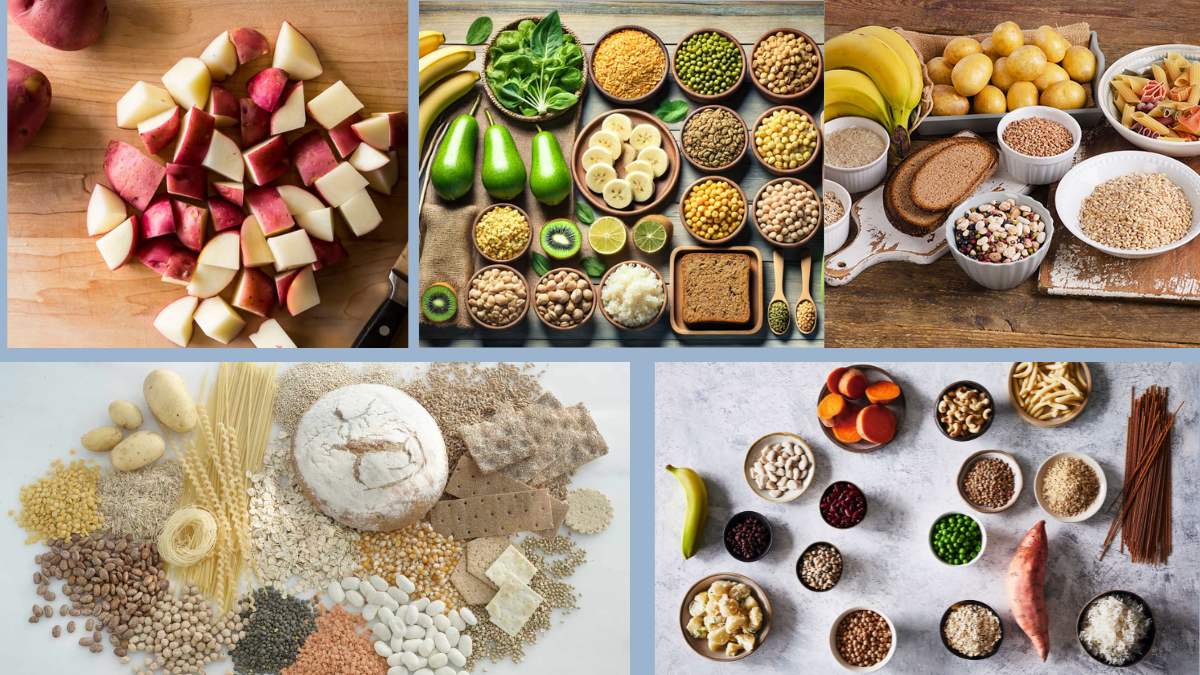Inflammation is the body’s natural response to injury or infection. But when it becomes chronic, it can silently wreak havoc on your health—contributing to issues like joint pain, gut problems, fatigue, and even diseases like diabetes and heart conditions. While diet plays a crucial role in managing inflammation, one unexpected ally in your fight against chronic inflammation might already be in your fridge: yogurt.
Yes, among the many dairy products available, plain probiotic-rich yogurt stands out as the #1 dairy food to help lower inflammation—naturally, deliciously, and without the need for non-vegetarian options. Here’s a deep dive into why and how yogurt earns this title, and how you can make it a regular part of your anti-inflammatory diet.
Understanding Inflammation: Friend and Foe

Inflammation is a double-edged sword. It’s vital for healing wounds and fighting infections. However, when it becomes chronic, it can lead to long-term damage. Factors that trigger chronic inflammation include:
- Poor diet (especially high in sugar and processed foods)
- Sedentary lifestyle
- Chronic stress
- Environmental toxins
- Gut microbiome imbalance
This is where food becomes powerful medicine—or harmful poison. Anti-inflammatory diets typically emphasize whole, plant-based foods, spices, fruits, vegetables, and healthy fats. And contrary to some myths, certain dairy products, especially fermented ones, can actually reduce inflammation rather than contribute to it.
Why Yogurt is the #1 Anti-Inflammatory Dairy Product

1. Rich in Probiotics for Gut Health
The key to yogurt’s anti-inflammatory power lies in its live bacterial cultures. These probiotics help restore and maintain a healthy gut microbiome, which is intimately connected to inflammation levels in the body. A disrupted microbiome can trigger immune responses and chronic inflammation. Yogurt helps to:
- Rebuild beneficial bacteria
- Reduce gut permeability (“leaky gut”)
- Lower levels of inflammatory markers like IL-6 and TNF-alpha
2. Contains CLA (Conjugated Linoleic Acid)
If you choose yogurt from grass-fed cows, you also get a good dose of CLA, a naturally occurring fatty acid that has been shown to:
- Reduce markers of inflammation
- Support fat metabolism
- Promote immune balance
3. High in Nutrients that Fight Inflammation
Yogurt is rich in anti-inflammatory nutrients, including:
- Calcium: Linked to bone health and helps regulate inflammation
- Magnesium: Important for over 300 biochemical reactions, including controlling inflammation
- Vitamin B12 and D: Both play roles in immune modulation
4. Easier to Digest Than Milk
For many people who are lactose sensitive, yogurt is easier to digest than milk because the probiotics break down lactose. This makes it a gentler option that doesn’t trigger digestive inflammation in most individuals.
What the Research Says

Scientific studies increasingly support yogurt’s anti-inflammatory benefits:
- A 2018 study published in the Journal of Nutrition showed that regular yogurt consumption reduced biomarkers of chronic inflammation in both healthy and obese individuals.
- Research from UCLA’s Division of Digestive Diseases found that fermented dairy products like yogurt positively influence gut bacteria and can suppress inflammatory responses.
- According to a meta-analysis in Nutrients (2020), probiotics—especially those found in yogurt—can significantly reduce C-reactive protein (CRP), a key marker of inflammation in the body.
What to Avoid in Yogurt

Not all yogurts are created equal. Some can actually increase inflammation due to added sugars, artificial flavors, or lack of live cultures. Here’s what to look out for:
- Flavored yogurts: Often contain up to 20 grams of added sugar
- Non-organic options: May contain residues from antibiotics or hormones
- Heat-treated yogurts: Kills off probiotics
How to Choose the Best Anti-Inflammatory Yogurt

When selecting yogurt, make sure to check these boxes:
- Plain and unsweetened
- Live and active cultures listed on the label
- Whole milk or low-fat, depending on your dietary needs
- Organic or from grass-fed cows if possible
For those avoiding dairy entirely, plant-based yogurts (like almond, cashew, or coconut yogurt) fortified with probiotics can be good alternatives—but make sure they have minimal ingredients and no added sugars.
7 Delicious and Inflammation-Fighting Ways to Enjoy Yogurt
- Morning Parfait: Layer plain yogurt with berries (blueberries, raspberries) and a sprinkle of chia seeds for a gut-healing breakfast.
- Savory Raita: Mix with grated cucumber, mint, and cumin for a refreshing side dish.
- Yogurt Smoothie: Blend with spinach, avocado, turmeric, and ginger for a powerful anti-inflammatory drink.
- Dressing or Dip: Mix yogurt with olive oil, lemon, and herbs to make a creamy, healthy dip or salad dressing.
- Frozen Yogurt Bark: Spread yogurt on parchment paper, sprinkle with nuts and pomegranate, and freeze.
- Chilled Soup: Use yogurt as a base for cold cucumber or beet soup.
- Overnight Oats: Soak oats in yogurt overnight with cinnamon and flaxseeds.
Yogurt for Special Diets
Even if you follow a specific diet, yogurt can still fit in:
- Vegetarian: 100% compatible and a great protein source
- Gluten-Free: Naturally gluten-free, just watch added flavorings
- Low-FODMAP: Lactose-free yogurts (or plant-based with probiotics) are well tolerated
- Ayurvedic Diet: Homemade yogurt (diluted or churned into buttermilk) is recommended for calming Pitta-related inflammation
Final Thoughts: Don’t Fear the Right Kind of Dairy
While some people react poorly to dairy—especially processed or sugary kinds—the right type of dairy, like probiotic-rich yogurt, can actually be healing. It supports gut health, modulates the immune system, and reduces chronic inflammation.
So if you’re seeking a simple, vegetarian-friendly, and research-backed food to lower inflammation, look no further than a bowl of plain yogurt. It’s the #1 dairy product for a reason—delicious, versatile, and incredibly beneficial.
Quick Recap: Yogurt’s Anti-Inflammatory Benefits
- Promotes a healthy gut microbiome
- Contains anti-inflammatory nutrients and fatty acids
- Easy to digest
- Supports immune health and lowers inflammatory markers
Add a scoop a day to keep the inflammation away. Your body—and your gut—will thank you.




